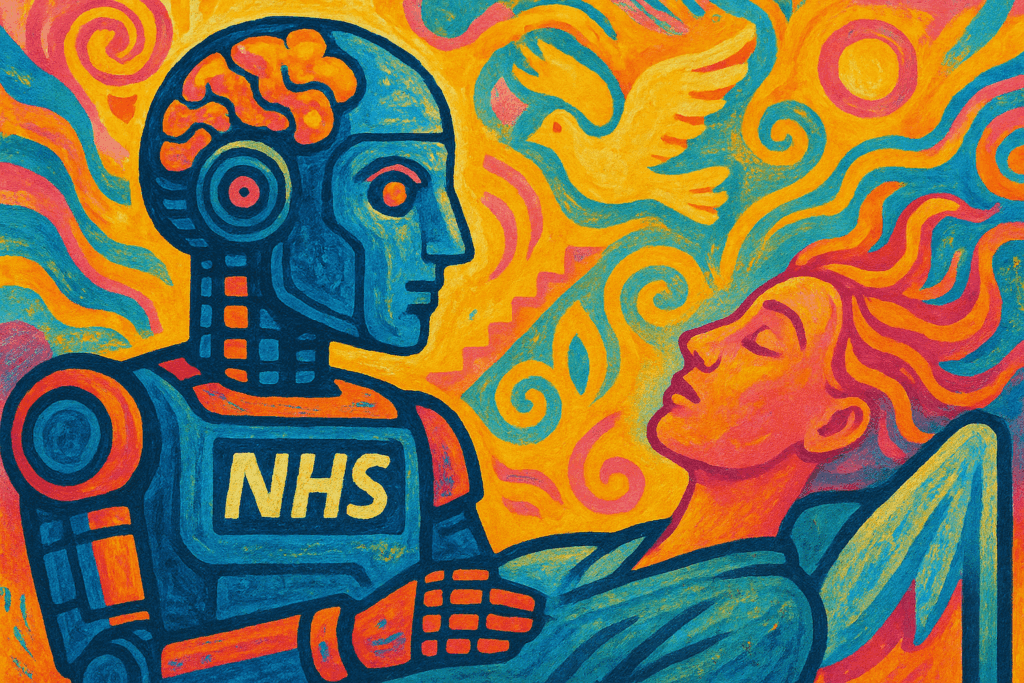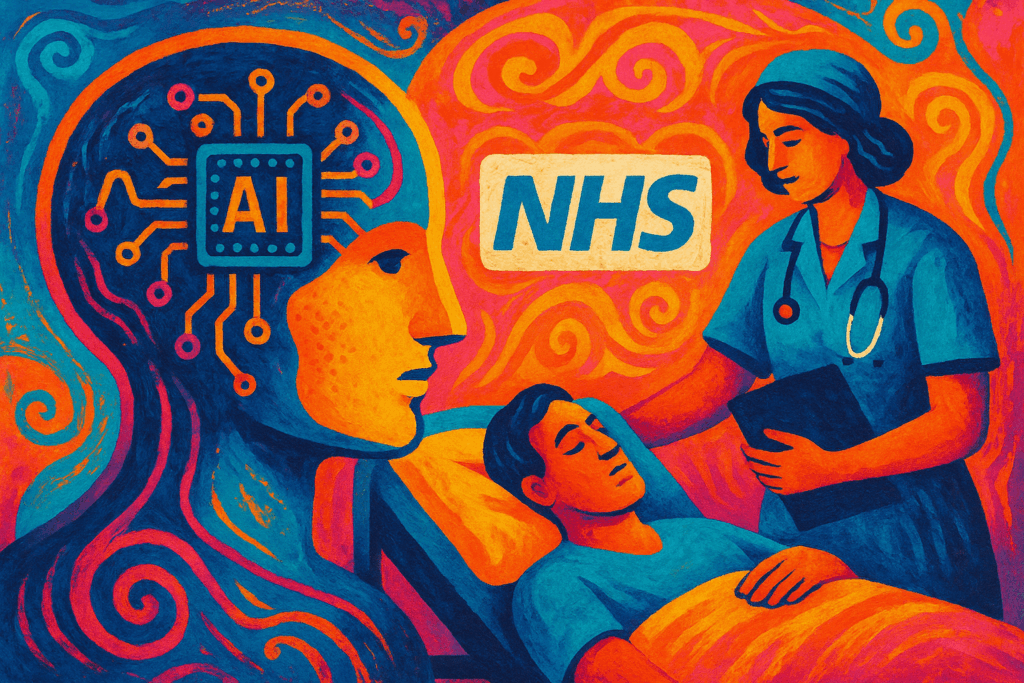AI Transforms Emergency Care
Artificial Intelligence (AI) is reshaping emergency medicine by delivering faster, data-driven decisions that improve patient care and streamline emergency department (ED) workflows. With pressure on healthcare systems to manage increasing patient volumes and complexity, AI offers tools that strengthen clinical efficiency and accuracy.
Key AI Applications in Action
Rapid Triage and Diagnostics
AI-powered triage systems analyze patient symptoms and vital signs in real time, prioritizing cases that demand immediate attention. Algorithms identify patterns indicating critical conditions such as sepsis or stroke, enabling earlier interventions. Similarly, AI assists radiologists by rapidly interpreting medical imaging, reducing diagnostic delays and errors.
Optimizing Operations
Emergency departments leverage AI for resource allocation, predicting patient inflow, and managing staff schedules. This dynamic optimization helps reduce wait times and overcrowding, improving the patient experience and operational costs.
Navigating Benefits and Challenges
AI integration results in quicker decision-making and improved patient outcomes. However, challenges remain around data quality, bias, and transparency. AI algorithms depend on diverse, representative datasets to avoid systemic bias which can affect vulnerable populations. Data security and patient privacy are additional concerns requiring stringent safeguards. Moreover, regulatory frameworks such as FDA oversight continue evolving to address AI tools in clinical settings.
The Future: Collaborative AI
The future of emergency medicine lies in human-AI collaboration where clinicians retain control while leveraging AI insights. Successful deployment depends on training staff to interpret AI outputs and maintain clinical judgment. Strategic leadership must prioritize technology integration alongside ethical standards and continuous evaluation to maximize AI’s potential in emergency care delivery.
By focusing on actionable applications and acknowledging challenges, healthcare leaders can guide AI adoption that improves emergency medicine outcomes and operational resilience.




